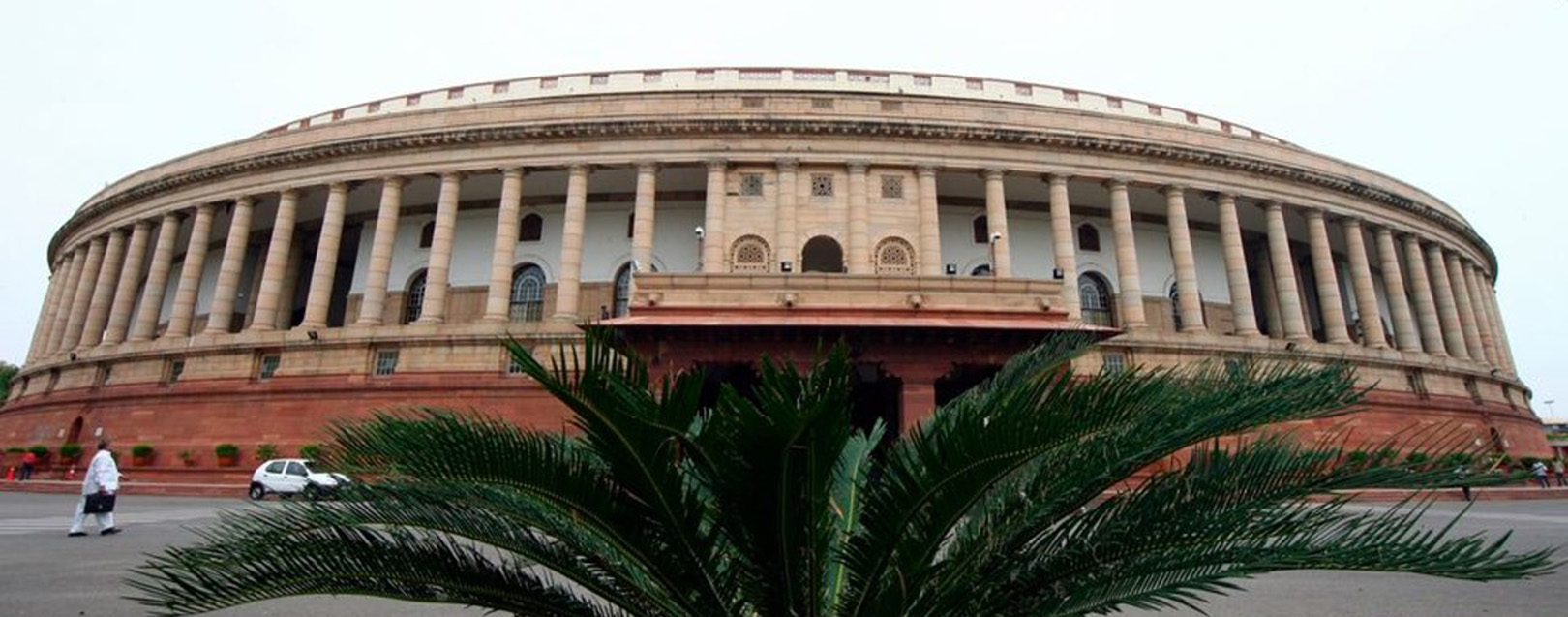
GST becomes reality: Rajya Sabha passes bill
The Dollar Business Bureau
Ending over a decade-old stagnation over the passage of the Goods and Services Tax (GST), the parliament on Wednesday passed a constitutional amendment on bringing out a uniform indirect tax regime across the country with the thumping majority.
The country’s new transformative tax reform law, as hailed by Prime Minister Narendra Modi and various other key political stalwarts, in addition to several business honchos, is slated to stimulate the economy, enhance exports, promote Make in India and facilitate ease of doing business in the country.
Right after all the parties, except the AIADMK, voted in favour of the GST bill, Prime Minister Narendra Modi took to twitter to thank the opposition parties for their support. “On this truly historic occasion of the passage of the GST Bill in the Rajya Sabha, I thank the leaders and members of all parties. Our MPs must be congratulated for their path breaking decision to give India an indirect tax system for the 21st century. We continue to work with all parties & states to introduce a system that benefits all Indians & promotes a vibrant & unified national market.”
“This reform will promote Make in India, help exports and thus boost employment while providing enhanced revenue. I would like to add that GST will also be the best example of cooperative federalism. Together we will take India to new heights of progress… We continue to work with all parties and states to introduce a system that benefits all Indians and promotes a vibrant and unified national market,” Modi said in a series of tweets.
FICCI, too, said the implementation of the GST tax regime would make the Indian products competitive in the global markets. “From the consumer point of view, the biggest advantage would be in terms of a reduction in the overall tax burden on goods, which is currently estimated at 25-30%. Introduction of GST would make Indian products competitive in the domestic and international markets. Studies show that this would instantly spur economic growth.”
The GST bill, which was moved in the Upper House by the Finance Minister Arun Jaitely, needed the approval of at least two-third of the leaders present in the Rajya Sabha on Wednesday. The Bill was already cleared in the Lok Sabha before it was moved to Rajya Sabha, but now that some amendments have been made, the bill will have to be passed from the Lok Sabha again. Opposition parties had demanded a cap on the GST rate, and the issue was raised by several Rajya Sabha members even while they voted for the amendments.
The bill, overall, envisages to replace multiple taxes including excise duty, sales tax, value added tax and octroi imposed by the Centre and States governments, with once uniform tax, which, in turn, will be shared by both the centre and centre under the Central Goods and Service Tax (CGST) and the integrated Goods and Service Tax (IGST).
The GST Bill, at its final stage of negotiations, received unprecedented support from the Congress- the main opposition party- which had had a series of confrontation with the ruling government on a host of issues. To address issues raised by the Congress, the present government made certain changes in the bill such as doing away with the extra 1% tax by manufacturing states.
The country now awaits the implementation of what is said to be one of the most progressive tax reforms since independence.






 to success.
to success.